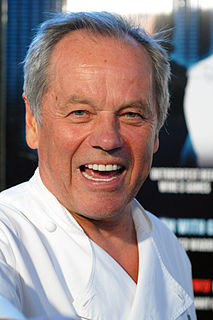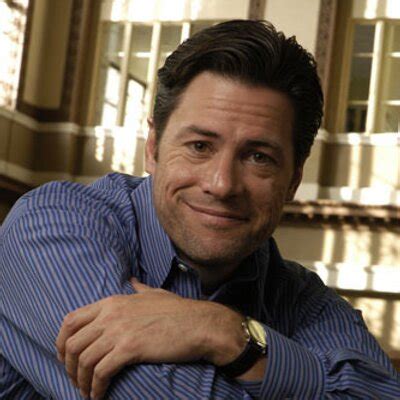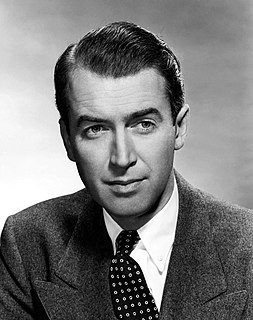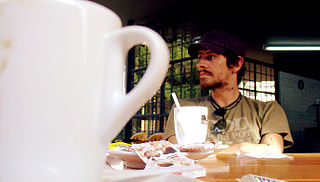A Quote by James Russell Lowell
It is quite too common a practice, both in readers and the more superficial class of critics, to judge a book by what it is not, a matter much easier to determine than what it is.
Related Quotes
The distinctions of what makes a book one genre or another can sometimes be a bit muddy, but generally it's a matter of projecting who the audience will be, which is a judgment that's based on the subject matter. 'Mainstream' is the cleanest label for a book that draws readers of both sexes and from a wide age-range.
For sure, with golf it's not a physically demanding sport like tennis. That's what makes tennis great - you combine both things. It's a very mental sport and at the same time can be dramatically physical. But I do admire the mentality of sport more than the physicality because physical performance is much easier to practice than mental performance.
There are many readers of the book, who don't know anything about the authors and the artists. There is more than one author. It doesn't matter, if you can't make the reader dive into the story and surround him with that environment and those characters. That's an experience that lasts longer than figuring out who did what. I think that's what makes our working relationship better, it helps us to make a book that feels unique and not like different voices.
I'm a fan of meeting readers face to face, at reader events, where we're able to sit down and take some time to talk. Too often, at regular book signings, I meet readers who have traveled six or eight hours to see me, and I'm unable to spend more than a few short minutes chatting with them as I sign books.






































